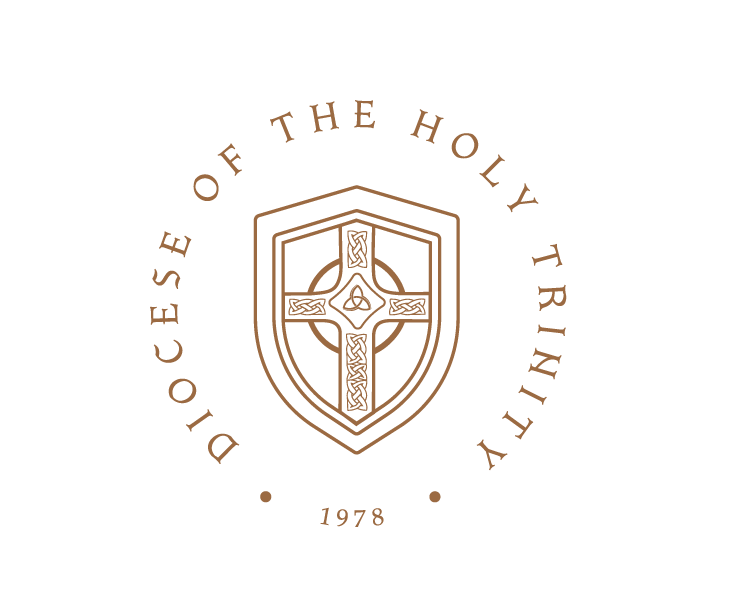On the necessity on asceticism
This is the first entry in what will be a series of posts about the life of prayer. The perspective will be that of “ascetical theology.”The word “ascetical” come from a Greek word that means, essentially, “to exercise.” Unfortunately, spiritual exercise under the banner of the ascetical is almost always viewed in extreme forms. Dictionary.com describes an “ascetic” as a person who “practices great self-denial and austerities and abstains from worldly comforts and pleasures.” Wherever the word ascetic appears, words like “extreme,” “rigorous” and “rigid” are not far behind. One thinks of St. Simeon the Stylite, who lived for decades on a small platform atop a pillar, ate almost no food and did not bathe.Consequently, the very idea of ascetical theology is foreign and intimidating to most contemporary western Christians. However, the call to asceticism is rooted in the simple truth that we live as Christians in bodies. Therefore, what we do in and with our bodies is central to our practice of the faith. The disembodiment of Christian practice has contributed greatly to its ineffectiveness. If salvation is only what I believe in my mind and does not connect with what I do day by day in my body, I am not likely to experience salvation very powerfully. This is a major reason people feel distance from the church. They ask, “Why should I go?” It is a good question.It is not possible to make progress in the spiritual life without some habitual spiritual exercise, just as it is not possible to make progress in an athletic or musical skill without practice. The essential exercise of the Christian life is prayer. The various disciplines of the Christian life like fasting and almsgiving (Matthew 6) are practiced in order to make our prayer more constant, efficient and effective. It is necessary for most Christians to establish some sort of “Rule” for the practice of the faith. A Rule is not a list of rules. Rather, a Rule of life is pattern for one’s practice of the faith. It is to the life of prayer what a workout routine is to the athlete and the practice routine is to the musician. People do not get better at any skill or task if they do not work at it. The most proficient are usually those with the most regular and disciplined practice habits.Some people say they do not have the time for prayer and spiritual disciplines. What they are really saying is that they do not have the time to be a Christian. For many, prayer is not a very high priority—until the crisis comes! The truth is that we do what we really want to do. We can spend hours on our favorite hobby or pastime, but have trouble finding minutes for things we’d rather not do. And prayer is an acquired taste. We learn how central it is to genuine peace and joy only by praying and discovering its impact on us over time. Herein is the central issue. Progress in prayer—and, thus, in the Christian life—is only made by acts of the will. We must pursue, as a habit of life, by acts of the will, the things that are eternal. The alternative is that we will get stuck in patterns of doing only what we “feel” like doing. The result will be that our rewards will always be temporal and fleeting.

